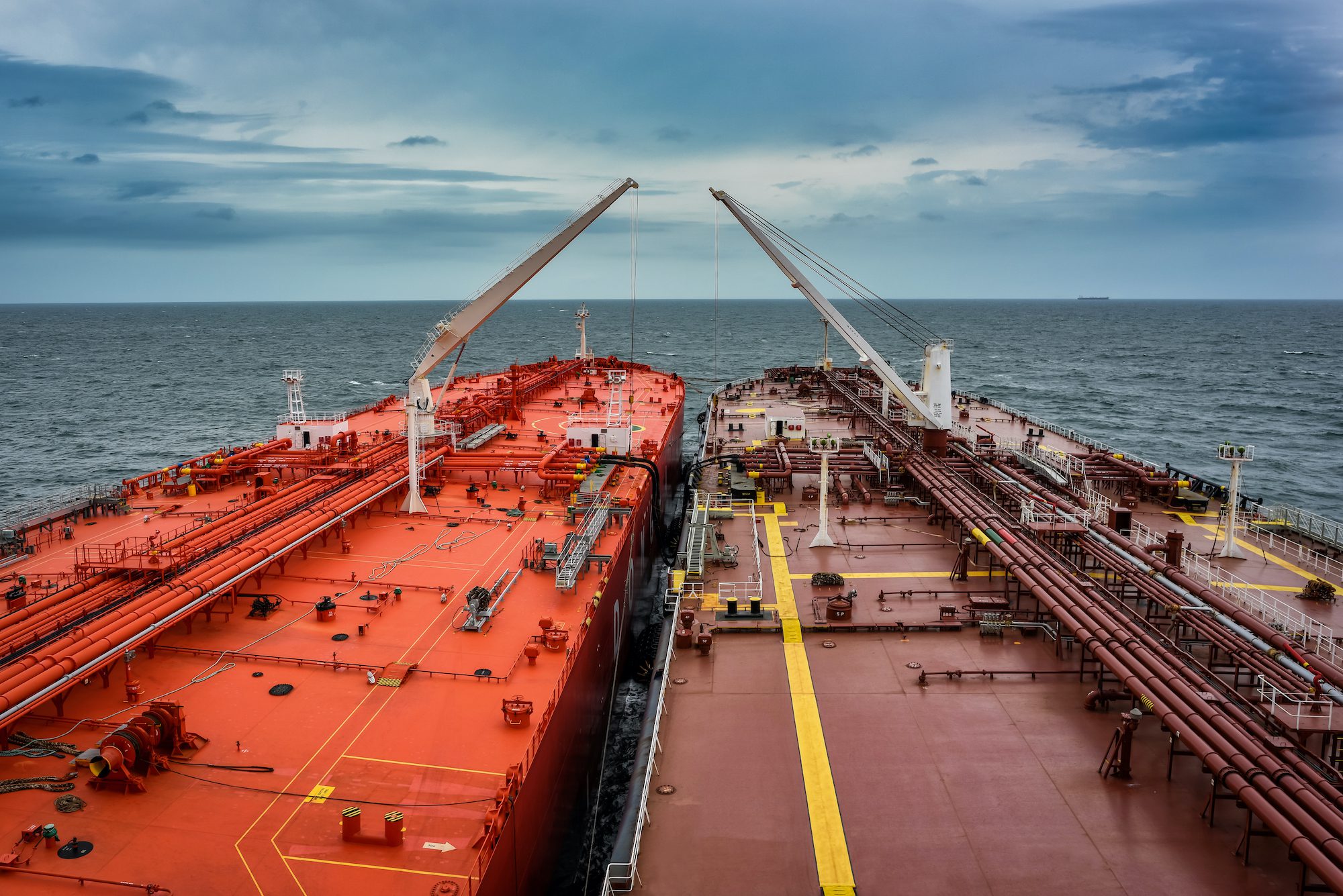Panama Continues Shadow Fleet Crackdown with World-First Mandatory Traceability for Ship-to-Ship Transfers
Panama Leads with Mandatory Ship Traceability

The Panama Ship Registry has made history by becoming the first naval registry worldwide to enforce mandatory traceability for ship-to-ship (STS) operations involving hydrocarbons on the high seas. Effective August 6, this new regulation requires all Panamanian-flagged oil vessels weighing 150 tons or more to notify the Panama Maritime Authority (AMP) at least 48 hours prior to conducting STS maneuvers, detailing essential operational information. Failure to comply could lead to severe penalties, including potential cancellation of the vessel’s registration.
New Regulations Target Illicit Maritime Activities
The recently implemented Resolution No. 106-035-DGMM from the General Directorate of Merchant Navy mandates comprehensive reporting for STS operations. Vessels must provide critical information, including identification details, timing, geographical coordinates, operational modes, hydrocarbon types and quantities, estimated duration, and contact personnel. Additionally, compliance with the MARPOL Agreement must be confirmed. This regulation aims to combat the increasing use of vessels for illicit activities, such as the covert transport of crude oil and evasion of sanctions, practices often linked to the so-called “ghost fleet.”
Circularise partners with GoodFuels on digital traceability solution for biofuels supply chains
This initiative is part of Panama’s broader strategy to crack down on shadow fleet operations. Recently, the Panama Maritime Authority has initiated proceedings to deregister 17 vessels listed by the U.S. Office of Foreign Assets Control (OFAC) as part of its “zero-tolerance policy” against the misuse of its Ship Registry. Panama has faced scrutiny from organizations like United Against Nuclear Iran (UANI), which reported that 17% of vessels suspected of carrying Iranian oil are registered under its flag. In March 2025 alone, the authority deregistered 107 vessels for sanctions violations.
Strengthening Maritime Safety and Environmental Protection
In addition to the new traceability requirements, Panama has introduced several preventive measures to enhance maritime safety and operational transparency. A new policy prohibits the registration of oil tankers or bulk carriers older than 15 years. The Panama Maritime Authority has also implemented enhanced due diligence procedures for ship registration and is participating in the Registry Information Sharing Compact (RISC) with other major flag states. These actions reflect Panama’s commitment to aligning with the regulations of the International Maritime Organization (IMO) and reinforcing its role as a responsible flag state.
By promoting operational transparency and protecting the marine environment, Panama aims to restore confidence in its ship registry and combat illicit maritime practices effectively.
